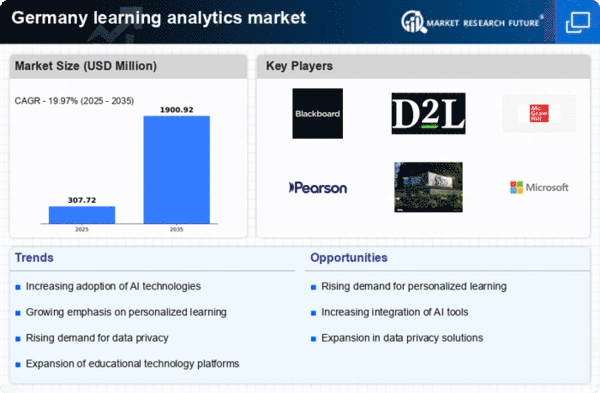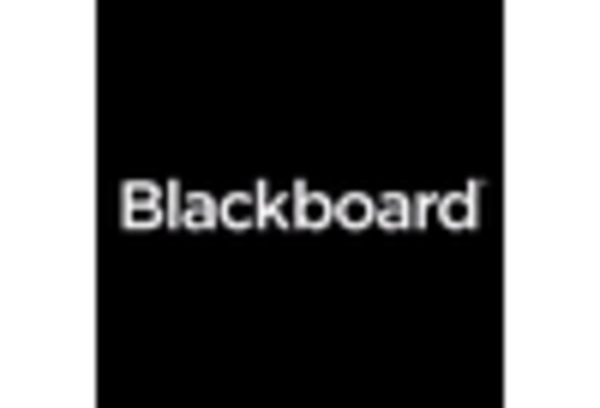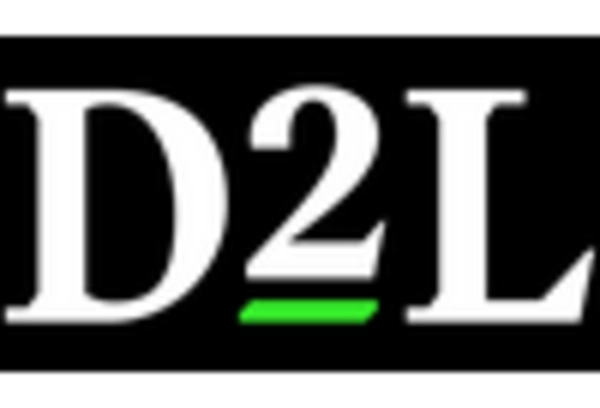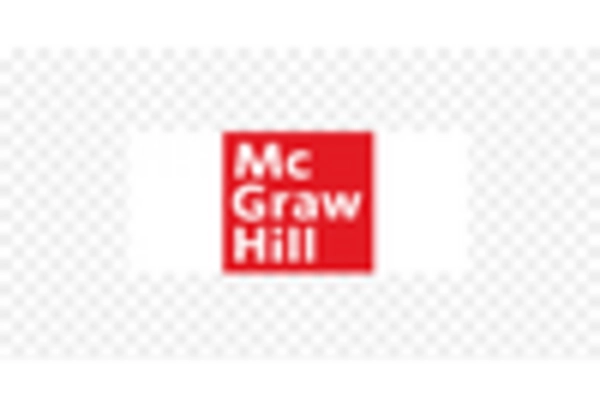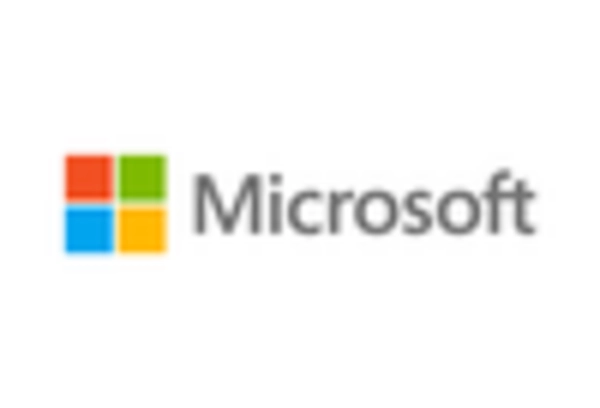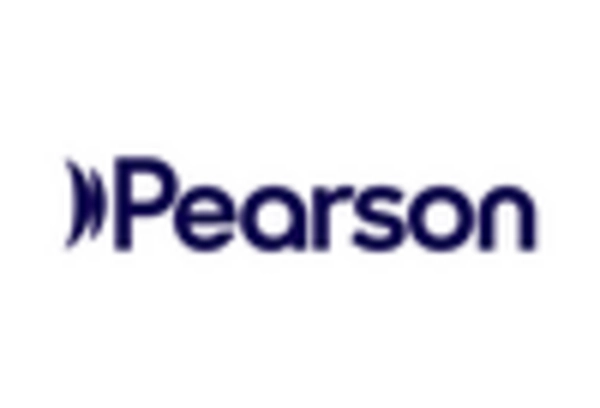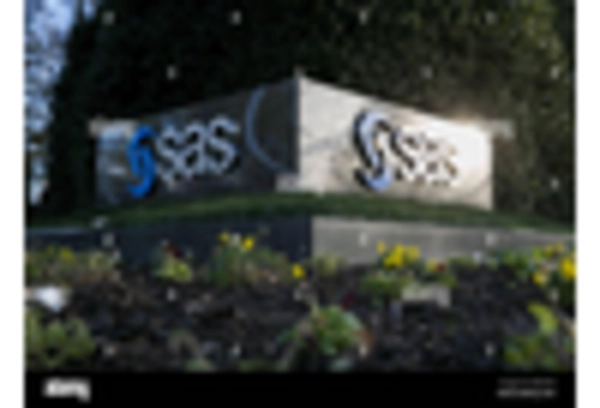Rising Demand for Personalized Learning
The learning analytics market in Germany experiences a notable surge in demand for personalized solutions. Educational institutions increasingly recognize the importance of tailoring learning experiences to individual student needs. This trend is driven by the desire to enhance student engagement and improve academic outcomes. According to recent data, approximately 70% of educators in Germany believe that personalized learning can significantly boost student performance. As a result, the learning analytics market is witnessing a shift towards tools that provide insights into student learning patterns, enabling educators to customize their teaching approaches. This growing emphasis on personalization is likely to propel the market forward, as institutions seek to leverage data analytics to create more effective learning environments.
Integration of Learning Management Systems
The integration of learning management systems (LMS) is a key driver of the learning analytics market in Germany. As educational institutions increasingly adopt LMS platforms to manage and deliver educational content, the demand for analytics capabilities within these systems is growing. LMS platforms equipped with learning analytics tools allow educators to track student engagement, performance, and progress in real-time. Data indicates that around 65% of German educational institutions utilize LMS solutions, highlighting the potential for analytics integration. This trend suggests that the learning analytics market will continue to expand as institutions seek to enhance their LMS offerings with robust analytics features, ultimately improving the learning experience for students.
Increased Focus on Learning Outcomes Assessment
The learning analytics market in Germany is significantly influenced by the heightened focus on assessing learning outcomes. Educational institutions are increasingly required to demonstrate the effectiveness of their teaching methods and the impact on student performance. This trend is reflected in the growing adoption of analytics tools that provide insights into student progress and achievement. Recent studies indicate that over 60% of educational leaders in Germany prioritize data-driven assessments to inform instructional strategies. Consequently, the demand for learning analytics solutions that facilitate comprehensive evaluation and reporting is likely to rise, as institutions strive to meet accountability standards and improve overall educational quality.
Emergence of Collaborative Learning Environments
The market in Germany is witnessing a transformation due to the emergence of collaborative learning environments. As educational institutions adopt more interactive and group-based learning approaches, the need for analytics tools that can track and analyze collaborative activities becomes apparent. These tools enable educators to monitor student interactions, engagement levels, and group dynamics, providing valuable insights into the effectiveness of collaborative learning strategies. Research suggests that approximately 55% of educators in Germany believe that collaborative learning enhances student motivation and retention. This trend is expected to drive the demand for learning analytics solutions that support collaborative learning, ultimately contributing to the growth of the market.
Government Initiatives Supporting Education Technology
In Germany, government initiatives play a crucial role in fostering the growth of the learning analytics market. The German government has implemented various programs aimed at enhancing digital education and integrating technology into classrooms. For instance, the DigitalPakt Schule initiative allocates €5 billion to support the digital transformation of schools. This funding is expected to facilitate the adoption of learning analytics tools, as schools seek to utilize data to improve educational outcomes. Furthermore, the government's commitment to advancing education technology indicates a favorable environment for the learning analytics market, as institutions are encouraged to invest in innovative solutions that enhance teaching and learning processes.


